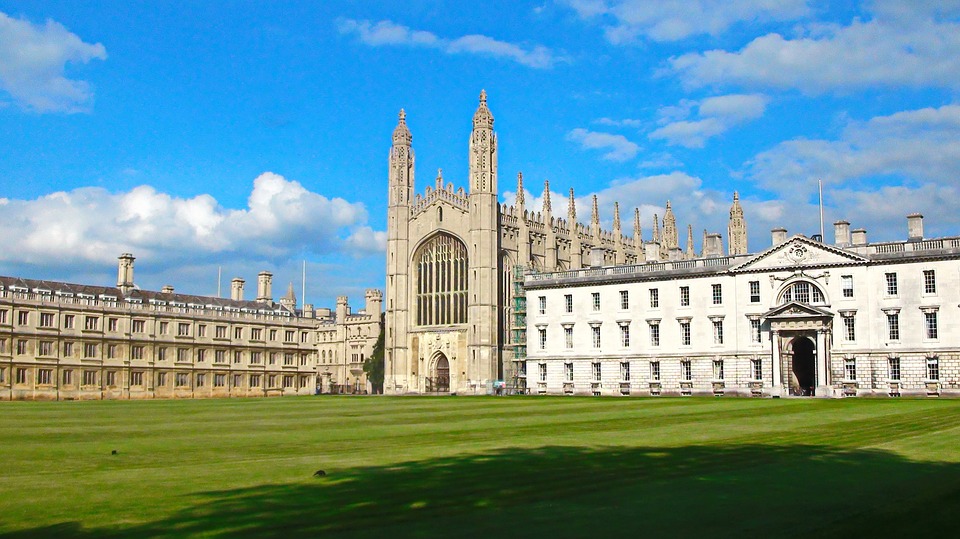The UK is at the apex of countries offering the best education according to a survey on how countries invest in their future leaders from primary school to university. Specifically, in the near future, countries across the globe will be presided over by the present youth and the kind of education they receive will determine the kind of leadership for the country.
Every country will have its actions and thoughts determined by its young people’s experience and knowledge. This trend makes education one of the fundamental determinants of a country’s future prosperity.
2019 determinants for best in education countries
The criteria used to establish the best nations for education is founded on a worldwide perception-based survey.
Notably, the survey utilized a combination of results derived from three evenly determined nation aspects: whether a nation offers optimal education; if a well-crafted public education network thrives; and the chances of learners thinking about attending university.
The 2019 Best Countries rankings, formed in partnership with BAV Group, a unit of global marketing communications company VMLY&R, and the Wharton School of the University of Pennsylvania, are based on a study that surveyed more than 20,000 global citizens from four regions to assess perceptions of 80 countries on 75 different metrics.
Five top in education countries
A combination of decentralized and federally operated education systems is instrumental in coming up with this list. Here are the top five:
- The United Kingdom takes the apex of the list based on its innovative strategies. For instance, the initiation of schools that are uniformly comprehensive came in handy in addressing the disparities witnessed between modern and grammar schools. Moreover, the mandatory age for school attendance is between five and sixteen (5-16) years.
- The United States takes the second position because the public education network is mainly funded by state and federal property taxes. Students also advance through thirteen (13) grades from kindergarten to high school. Additionally, nearly seventy percent (70%) of graduating students proceed to higher education.
- Canada is third because primary and secondary education is free. Moreover, it is mandatory for children aged five years and above. Quality education is adhered to because Canadian students usually score well on the OECD’s Programme for International Student Assessment. Before joining the university, students are required to undertake a two-year course at a specialized professional school.
- Germany is fourth and the perception of preschool transition or kindergarten before mandatory education is followed. This makes Germany students among the youngest ones globally to be positioned on selected academic paths.
- France is fifth and this is founded on the national curriculum that is compulsory between ages six and sixteen (6-16). Many students also progress to higher education.
High education standards are fundamental in many countries because they considerably determine the success levels in different sectors.
As a result, continuous innovation is being incorporated into the education industry through concepts such as education gamification that will propel learners’ outcomes.







